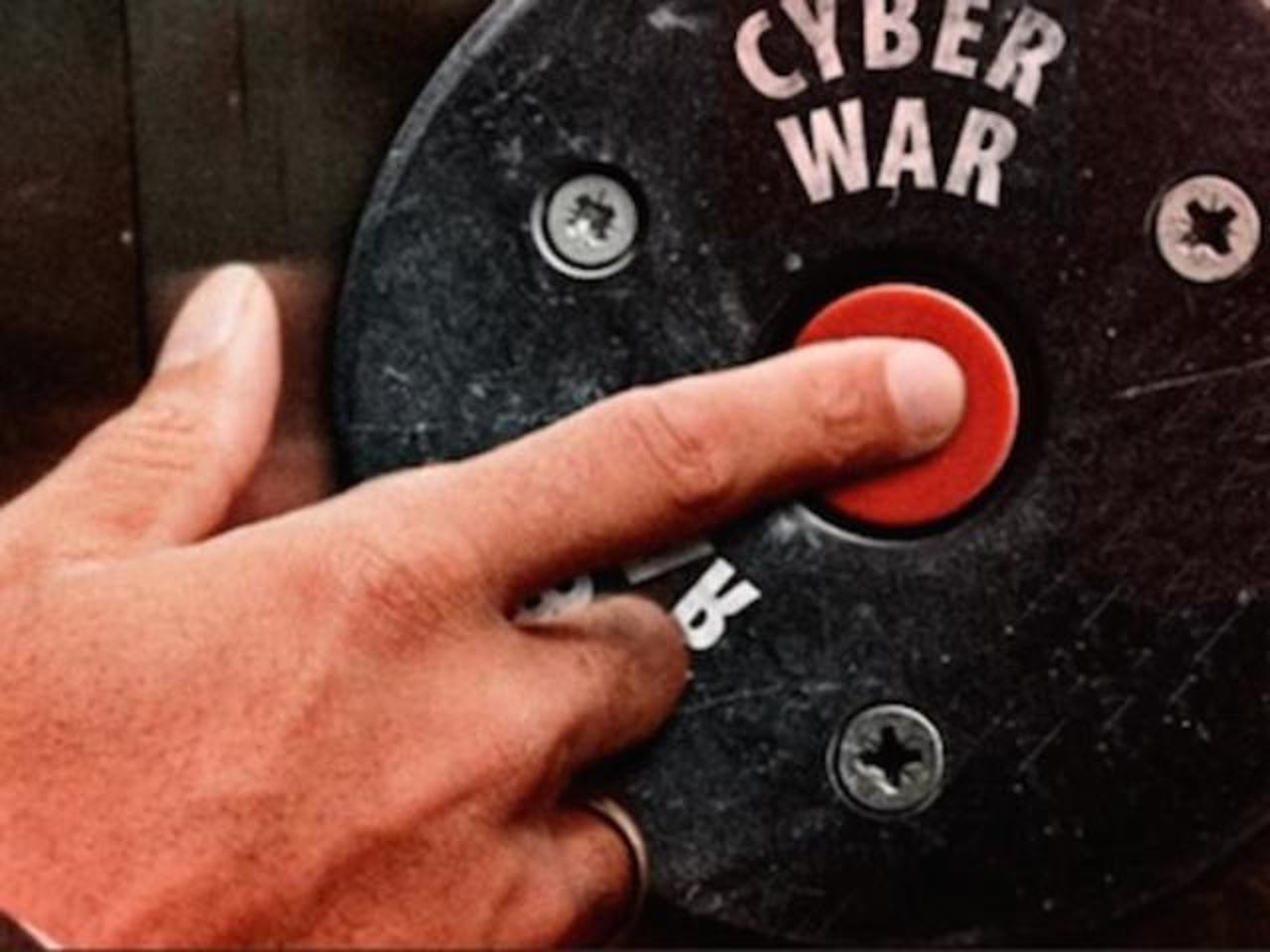Cyber war isn't turning out quite how it was expected


RAND's Martin Libicki: "The most notable thing about the war in Ukraine... is the near-complete absence of any perceptible cyber war."
The reality of cyber war isn't turning out quite how it was expected: hackers crashing financial systems and power grids have so far not materialized, and the use of digital weapons is complicated and varies according to the conflict, according to a book published by NATO's cyber-warfare thinktank.
It shows that the integration of digital attacks into military thinking is still evolving and not as straightforward as some may have expected.
Focusing on the conflict in Ukraine, the book, Cyber War in Perspective: Russian Aggression against Ukraine, published by the Cooperative Cyber Defence Centre of Excellence in Estonia, looks at how hacking, denial-of-service, and other electronic attacks have been used -- or rather not used, during the conflict.
"The most notable thing about the war in Ukraine... is the near-complete absence of any perceptible cyber war," wrote Martin Libicki of RAND in a chapter titled, "The cyber war that wasn't."
Libicki said there had been "vigorous cyber espionage" during the conflict and even the use of "old-fashioned bolt-cutters" to sever lines of communication in Crimea. But while "patriotic hacktivists" on both sides have conducted harassing but small cyber attacks against each other and both sides have conducted Distributed Denial-of-Service (DDoS) attacks, "we have seen nothing comparable to the cyber attacks carried out against Estonia in 2007 or Georgia in 2008," he said.
For example, there has been very little in the way of attacks on critical infrastructure and attacks on defense systems, although as he notes: "It is possible that, in the future, we may learn that there have been such attacks, but that they were simply subtle enough to slip under the radar."
Indeed, since the book was published, there have been claims that hackers did manage to cause a blackout in Ukraine which affected hundreds of thousands of homes: Ukraine blamed Russian hackers for the outage.
James Lewis of the Centre for Strategic and International Studies said in his chapter that the Ukraine conflict has been characterised by a form of hybrid warfare: a mixture of unconventional tactics and strategies, designed to avoid military retaliation by skirting the threshold of what could be considered state use of armed force.
Cyber operations -- the ability to remotely manipulate computer networks -- are well-suited to this environment because they can be conducted with less political risk "given the grey area in international law which cyber war inhabits, and where opponents can find it difficult to respond".
However, he notes, "overall, the use of offensive cyber capabilities for kinetic effect has been minimal, with only a few known incidents", even though Russia has extensive skills in this area.
Lewis argues this suggests that NATO may need to adjust its thinking about how opponents will use cyber attacks. "Cyber attacks are a support weapon and will shape the battlefield, but by themselves they will not produce victory. Cyber attacks support other weapons and operations," he writes.
While the use of cyber weapons to do damage has been limited, there has been extensive use of communications technologies by both sides to put across their views. Libicki points out that the information and propaganda war across social media "particularly from the Russian side" has been relentless.
This extensive focus on information warfare, said Keir Giles of the Conflict Studies Research Centre, could lead Western countries to rethink their cyber warfare doctrines, which have largely focused on technical responses to technical threats, and ignored the broader connection with information warfare.
"In other words, the West may have been well prepared for cyber war, but events in Ukraine show that it also needs to be prepared for information war when cyber operations are used as a facilitator or attack vector."
None of this means that more destructive cyber weapons won't feature in future conflicts (or even in this one) but that the digital battlefield is turning out to be a lot more complicated than initially expected.
Read more on surveillance and cyber warfare
- The new art of war: How trolls, hackers and spies are rewriting the rules of conflict
- Inside the secret digital arms race: Facing the threat of a global cyberwar
- Surveillance laws need rethink, but bulk collection of web data will continue
- The undercover war on your internet secrets: How online surveillance cracked our trust in the web
- The impossible task of counting up the world's cyber armies
- Encryption: More and more companies use it, despite nasty tech headaches